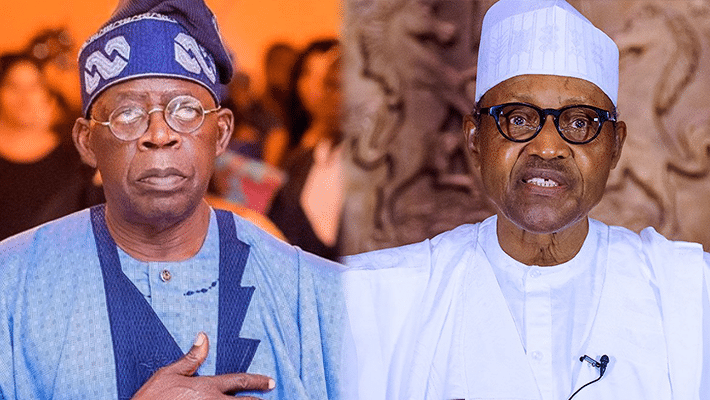President Bola Tinubu, who assumed office less than a month ago, is currently faced with the task of managing the assets and liabilities inherited from his predecessor, Muhammadu Buhari.
However, given that they both belong to the same political platform, the All Progressives Congress (APC), President Tinubu finds himself unable to criticize his predecessor's liabilities as openly as he did in 2015.
In this article, we will explore the top five liabilities that President Tinubu has inherited and the challenges they pose to his administration.
N77 Trillion Debt:
The most significant liability inherited by President Tinubu's administration is the staggering debt burden of N77 trillion left behind by the former President.
According to the Debt Management Office (DMO), this is a substantial financial challenge.
Lekan Olaleye, an Economist, expressed concerns about the debt burden, stating that a significant portion of the federal government's revenue will be allocated to debt servicing, making it difficult to introduce new taxation or address other pressing financial issues, such as increasing the minimum wage.
Fuel Subsidy:
The previous administration had included provisions for petro subsidy in the budget until June 30. However, Tinubu wasted no time in ending fuel subsidization when he declared 'fuel subsidy gone' during his inaugural speech.
While this move has been commended by pro-market individuals and groups, the question of palliatives and other interventions for the populace still remains.
The former government had planned to borrow $800 million from World Bank for these purposes, what is left is how the Tinubu administration will handle the matter.
Emefiele/Naira Redesign
Nigerians are still uncertain about the fate of the old Naira notes due to a Supreme Court order that remains in effect until December 31, 2023.
The Naira redesign policy, implemented by the now-suspended CBN Governor, Godwin Emefiele, caused led to the scarcity of Naira notes earlier this year.
However, in his inaugural speech, President Tinubu promised to bring about reforms in the monetary space, resulting in the state secret police, the DSS arresting and initiating prosecution against Mr Emefiele.
Watch moment DSS arrest suspended CBN Governor, Godwin Emefiele;
Nigerians are still unaware if the Naira notes they possess will retain their value after December even though Tinubu mull the extension of the old Naira notes usage till 2024.
Census
Another challenge inherited by President Tinubu's administration is the 2023 national census.
Buhari's government had already spent N200 billion on preparations for the population census, which has now been suspended.
Conducting a population census in Nigeria has always been a contentious issue due to its political implications. It remains unclear if the current administration will continue down this path or opt for an alternative approach.
Closed Borders
Tinubu is faced with the daunting decision of either reopening the closed land borders or to maintain the status quo.
During the 2023 presidential election campaign, only the Peoples Democratic Party flag bearer, Atiku Abubakar explicitly vowed to reopen the borders. This declaration was met with criticism from Lai Mohammed, the former Minister of Information and Culture.
However, a memo seeking the reopening of the Seme land border for vehicle importation is awaiting final approval from the Tinubu-led administration.
President Bola Tinubu has inherited significant liabilities from his predecessor, Muhammadu Buhari.
These include a substantial debt burden, the elimination of fuel subsidy without clear palliative measures, uncertainty regarding the value of old Naira notes, the suspension of the national census, and the decision on whether to reopen closed borders.
Successfully addressing these challenges will be crucial for President Tinubu's administration as it navigates the early stages of its tenure.




















